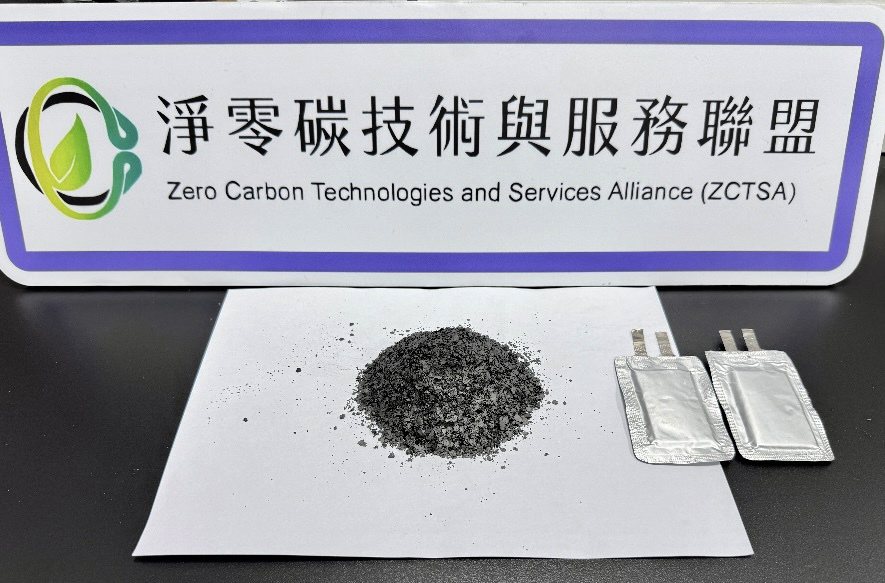Battery Transportation Preparatory Procedures Overview
Understanding Lithium Battery Types: Different types of lithium batteries have unique characteristics and handling methods. Before transportation, it is crucial to identify the type of battery being handled, such as lithium-ion or polymer lithium batteries, to ensure the appropriate methods are used.
Risk Assessment: Prior to transporting lithium batteries, a comprehensive risk assessment is necessary to identify potential safety hazards in all stages, including handling, storage, and transportation. This includes risks such as excessive pressure, short circuits, or leakage, and implementing corresponding preventative measures.
Battery Discharge: To reduce the risk during handling and processing, it is recommended to discharge the batteries before transportation, minimizing their stored charge and thus reducing potential hazards.
Selecting Proper Storage Containers: When transporting lithium batteries, it is important to choose suitable storage containers to ensure the batteries are protected from further damage during transit and to prevent the release of harmful substances.
Contacting Professional Disposal Services: Lithium batteries are classified as hazardous chemicals, and their transportation must comply with relevant laws, regulations, and safety standards. It is advisable to contact a certified professional lithium ion battery buyback company to handle the transportation, ensuring both safety and regulatory compliance.
Guidelines for Lithium Battery Buyback:
1.Battery Photos: Please provide clear photos of the lithium batteries to help us verify their appearance and model.
2.Quantity (Weight): Please inform us of the exact quantity or total weight of the batteries, so we can proceed with the evaluation.
3.Production/Purchase Date: Please provide the production or purchase date of the lithium batteries, so we can assess their condition and the buyback terms.





